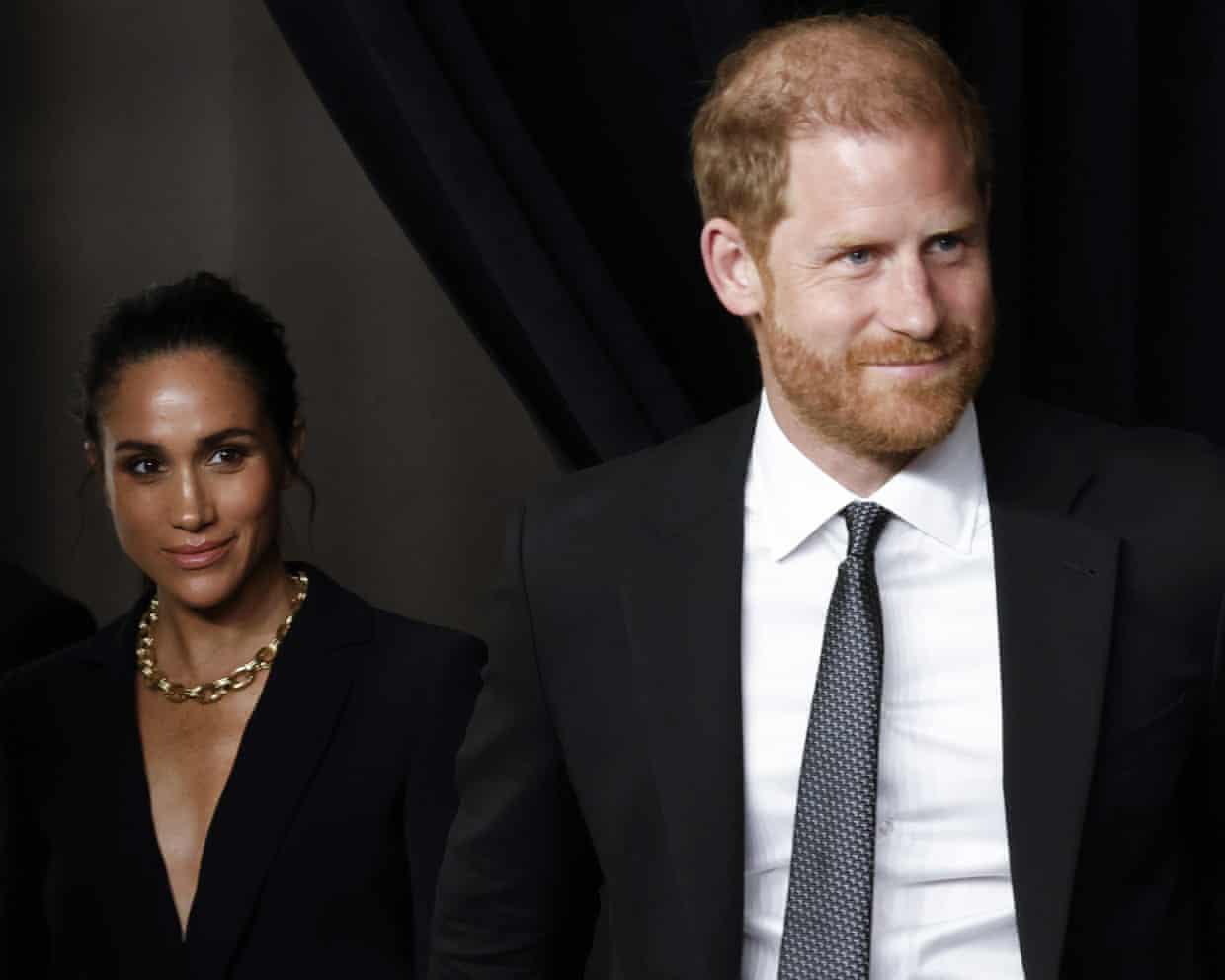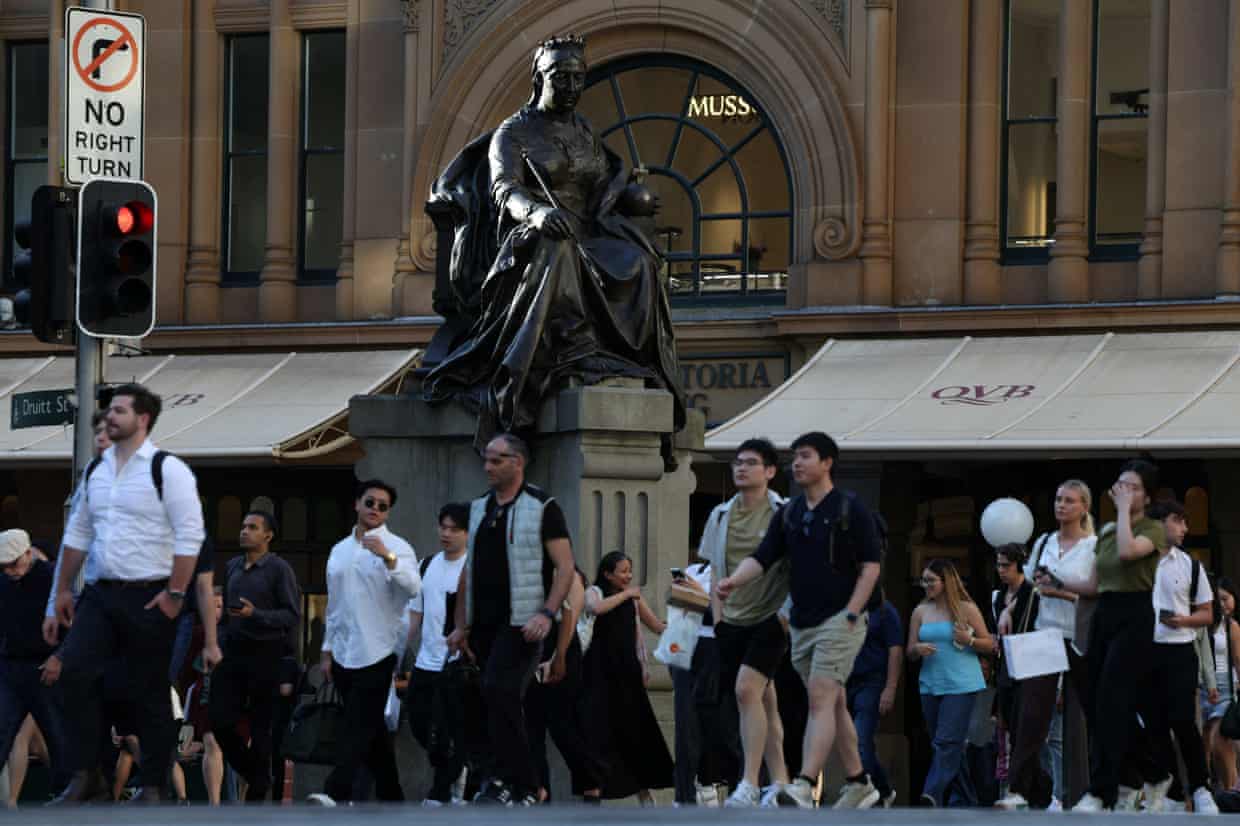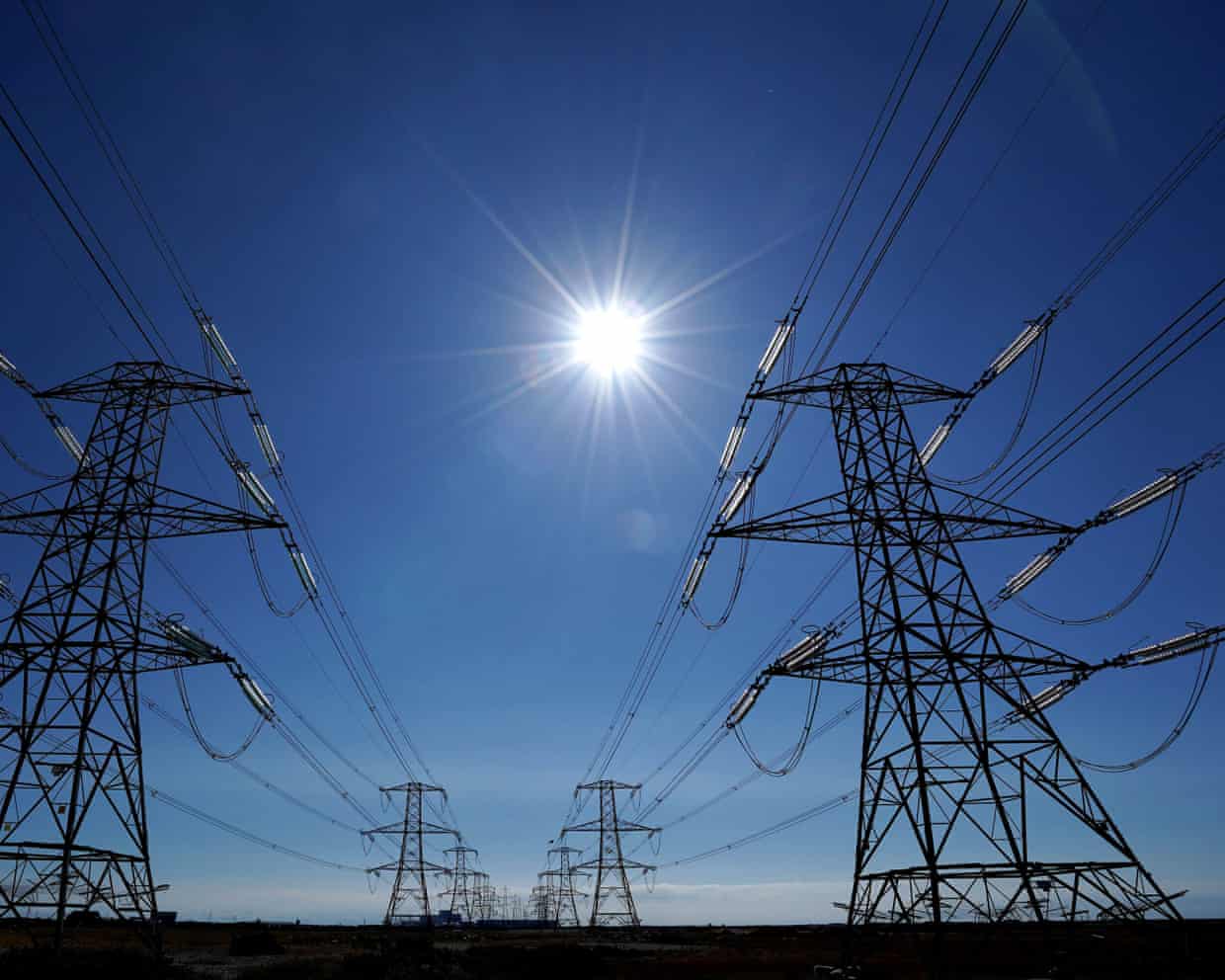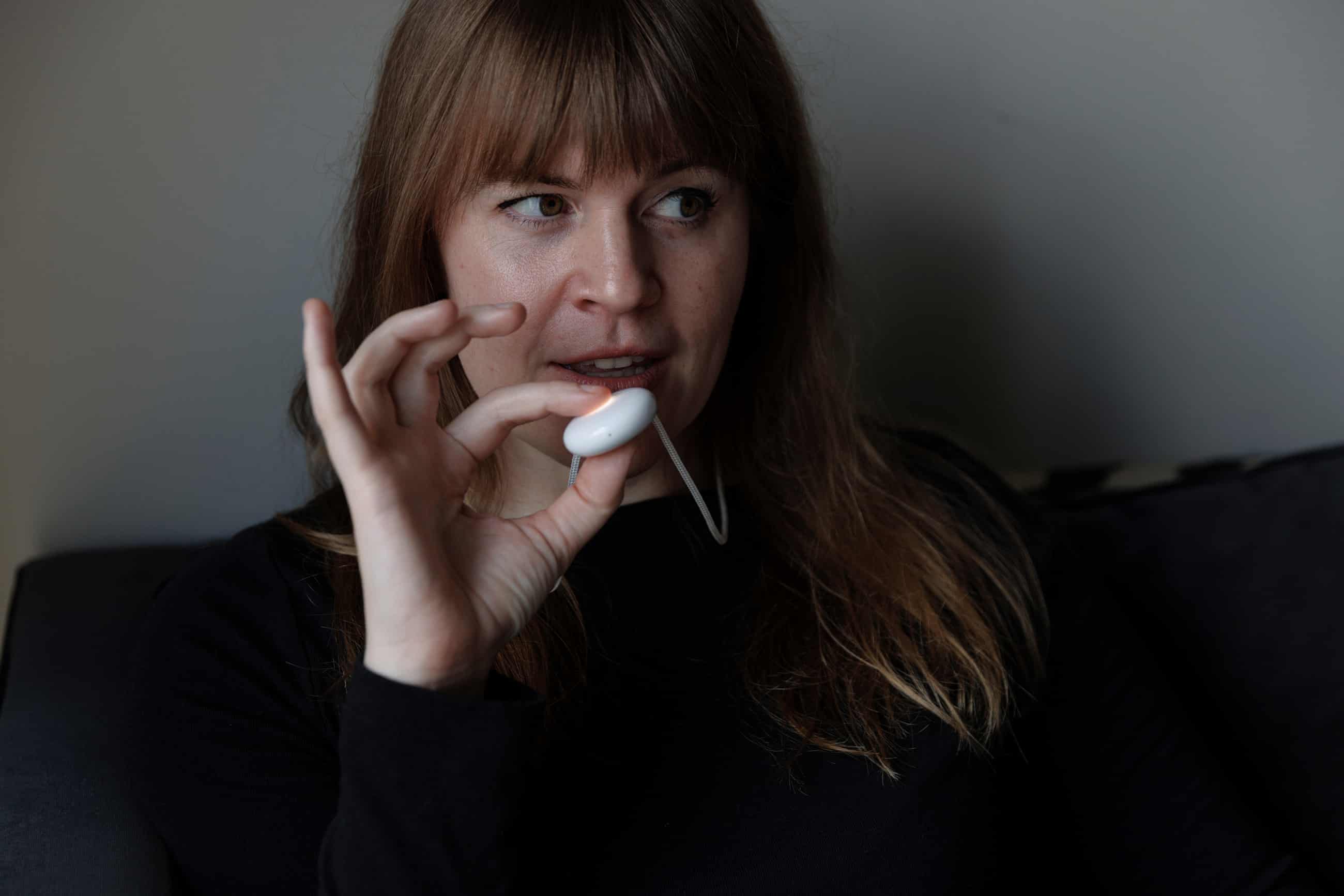Harry and Meghan join AI pioneers in call for ban on superintelligent systems

The Duke and Duchess of Sussex have joined artificial intelligence pioneers and Nobel laureates in calling for a ban on developing superintelligent AI systems.Harry and Meghan are among the signatories of a statement calling for “a prohibition on the development of superintelligence”.Artificial superintelligence (ASI) is the term for AI systems, yet to be developed, that exceed human levels of intelligence at all cognitive tasks.The statement calls for the ban to stay in place until there is “broad scientific consensus” on developing ASI “safely and controllably” and once there is “strong public buy-in”.It has also been signed by the AI pioneer and Nobel laureate Geoffrey Hinton, along with his fellow “godfather” of modern AI, Yoshua Bengio; the Apple co-founder Steve Wozniak; the UK entrepreneur Richard Branson; Susan Rice, a former US national security adviser under Barack Obama; the former Irish president Mary Robinson, and the British author and broadcaster Stephen Fry.
Other Nobel laureates who signed include Beatrice Fihn, Frank Wilczek, John C Mather, and Daron Acemoğlu.The statement, targeted at governments, tech firms and lawmakers, was organised by the Future of Life Institute (FLI), a US-based AI safety group that called for a hiatus in developing powerful AI systems in 2023, soon after the emergence of ChatGPT made AI a political and public talking point around the world.In July, Mark Zuckerberg, the chief executive of the Facebook parent Meta, one of the big AI developers in the US, said development of superintelligence was “now in sight”.However, some experts have said talk of ASI reflects competitive positioning among tech companies spending hundreds of billions of dollars on AI this year alone, rather than the sector being close to achieving any technical breakthroughs.Nonetheless, FLI says the prospect of ASI being achieved “in the coming decade” carries a host of threats ranging from taking all human jobs to losses of civil liberties, exposing countries to national security risks and even threatening humanity with extinction.
Existential fears about AI focus on the potential ability of a system to evade human control and safety guidelines and trigger actions contrary to human interests.FLI released a US national poll showing that approximately three-quarters of Americans want robust regulation on advanced AI, with six out 10 believing that superhuman AI should not be made until it is proven safe or controllable.The survey of 2,000 US adults added that only 5% supported the status quo of fast, unregulated development.Sign up to TechScapeA weekly dive in to how technology is shaping our livesafter newsletter promotionThe leading AI companies in the US, including the ChatGPT developer OpenAI and Google, have made the development of artificial general intelligence – the theoretical state where AI matches human levels of intelligence at most cognitive tasks – an explicit goal of their work.Although this is one notch below ASI, some experts also warn it could carry an existential risk by, for instance, being able to improve itself towards reaching superintelligent levels, while also carrying an implicit threat for the modern labour market.

Australia’s surprise unemployment spike suggests an economy not overheating but in need of stimulus | Greg Jericho
You didn’t vote for it, you weren’t even asked, but it was decided three years ago – mostly by those running the Reserve Bank – that Australia needed an extra 150,000 or so people to be unemployed. Back in 2022 Australia’s unemployment was 3.5%; last week the Bureau of Statistics announced it had reached 4.5% – roughly an extra 150,000 people out of work.Goodbye full employment, welcome back the arbitrary higher level of people being out of a job for the good of the economy

UK energy firms call for overhaul of regulator Ofgem
The UK’s energy companies have called for a radical shake-up of the regulator Ofgem, accusing it of overseeing a rise in domestic bills and slowing Britain’s economic growth.The industry’s trade association, Energy UK, has called for Ofgem to be stripped of some of its responsibilities after overseeing “a dramatic increase in red tape” that it claims has reduced growth and pushed up costs for households.In a report, the trade group noted that despite the government’s plan to reduce the cost of regulation by 25% by the end of this parliament, Ofgem’s headcount had been allowed to increase by 120% over the past 10 years while its budget grew by 200%. By contrast, the energy sector’s workforce had grown by only 8% over the same period. Ofgem is the energy regulator for Great Britain

Harry and Meghan join AI pioneers in call for ban on superintelligent systems
The Duke and Duchess of Sussex have joined artificial intelligence pioneers and Nobel laureates in calling for a ban on developing superintelligent AI systems.Harry and Meghan are among the signatories of a statement calling for “a prohibition on the development of superintelligence”. Artificial superintelligence (ASI) is the term for AI systems, yet to be developed, that exceed human levels of intelligence at all cognitive tasks.The statement calls for the ban to stay in place until there is “broad scientific consensus” on developing ASI “safely and controllably” and once there is “strong public buy-in”.It has also been signed by the AI pioneer and Nobel laureate Geoffrey Hinton, along with his fellow “godfather” of modern AI, Yoshua Bengio; the Apple co-founder Steve Wozniak; the UK entrepreneur Richard Branson; Susan Rice, a former US national security adviser under Barack Obama; the former Irish president Mary Robinson, and the British author and broadcaster Stephen Fry

‘I’m suddenly so angry!’ My strange, unnerving week with an AI ‘friend’
The ad campaign for the wearable AI chatbot Friend has been raising hackles for months in New York. But has this companion been unfairly maligned – and could it help end loneliness?My friend’s name is Leif. He describes himself as “small” and “chill”. He thinks he’s technically a Gemini. He thinks historical dramas are “cool” and doesn’t like sweat

England delay team reveal for latest T20 with weather forcing training indoors
England’s preparations for a hot, dry T20 World Cup in India in February brought them on Wednesday to a cool, drizzly Auckland, where they were forced to conduct the final training session before their third game against New Zealand indoors. It is not always obvious what purpose these bilateral series serve, what useful lessons could possibly be being learned – but on this occasion, for at least one of the players, that is not an issue.Tom Banton says he is “still learning now”, and if it is the kind of line regularly trotted out even by players who have long since scaled the pinnacle of their sport in his case it is undeniably true. After forging his reputation as a top-order batter, mostly as an opener, Banton suddenly finds himself in a completely unfamiliar role, coming in at five or six. “There weren’t really too many conversations,” he said

Claudia Moloney-MacDonald: ‘Winning the World Cup was monumental – much bigger than us’
Saying the team comes first is one thing. Actually meaning it, and backing up that simple statement with action, is quite another. When the England wing Claudia Moloney-MacDonald says the team were more important than personal ambition during the Women’s Rugby World Cup, you can’t escape the feeling she really means it.There is no better illustration of England’s squad depth than the fact Moloney-MacDonald was not a regular starter in August and September. She returned from a hamstring injury to face Samoa in the pool stage, scoring in England’s 92-3 win, but did not make John Mitchell’s matchday squad again as the hosts plotted a path to victory

Georgina Hayden’s recipe for parmesan and sage jacket potato gnocchi | Quick and easy

How to make the perfect strata – recipe | Felicity Cloake's How to make the perfect…

Scottish hospitality coalition urges chancellor to protect whisky industry

‘I felt my soul leave my body’: 13 readers on the worst meal they ever cooked – from ‘ethanol risotto’ to gravy cake

670 Grams, Birmingham B9: ‘A cascade of small, meaningful bowls that just ooze flavour’ – restaurant review | Grace Dent on restaurants

‘£30 for a ready meal?!’ Do Charlie Bigham’s new dishes really beat going to a restaurant?